Kindergarteners don’t speak English. True, they do know many English words. The fact that they know many English words is misleading, so misleading as to fool the novice into thinking they have communicated with a Kindergartener. Anyone who has ever attempted to give a group of Kindergarteners directions knows that plain English will not be heard, comprehended or acted upon. One has to speak Kindergartenese.
For example, let’s suppose you would like your class to sit close to the movie screen. Now suppose there is a student sitting too far away. The uninitiated might say something like, “Johnny, please move up.” Johnny might just as well be deaf. He isn’t exactly sure where “up” is, but he has an inkling, and he does know he can’t fly.
One might try, “Move forward,” “Please move closer to the screen,” or even “Stand up, walk that way (pointing) and sit down.” All of these will be met with a blank stare, if indeed you can manage eye contact.
First of all, Kindergartenese has no prepositions. In, over, forward, sideways, behind, next to, up, down – none of these words mean anything to a Kindergartener.
Second of all, Johnny is sitting right next to an autoharp. He has never before seen an autoharp, but he is sure that messing with this baby would be a lot more fun than whatever you are going to show on that screen. He has already translated your intentions by non-verbal means and he knows exactly what you want him to do, but speaking to him in plain English will never get that child more than 6 inches away from that autoharp.
Plain English is impotent in such a moment. You have to speak Johnny’s language. First, get eye contact. Second put your hand within one foot of the exact spot you want him to be, point firmly to it, and speak these words, “Johnny, sit here – NOW!”
This he understands.
Just because they don’t speak English doesn’t mean they aren’t smart.

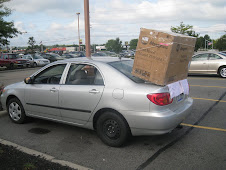









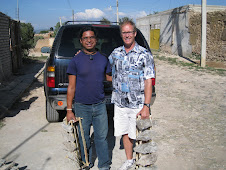

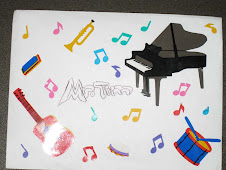

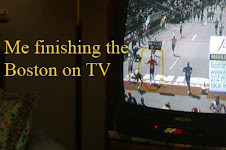

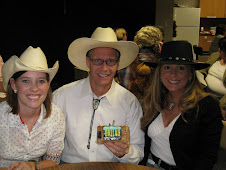

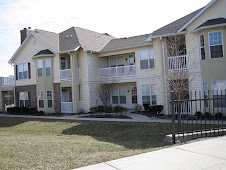


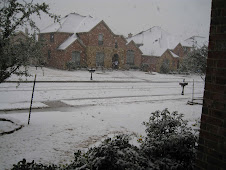
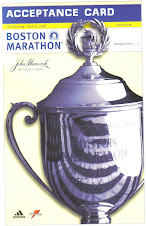
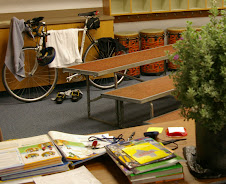
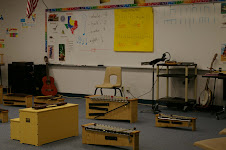
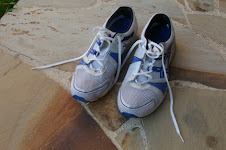
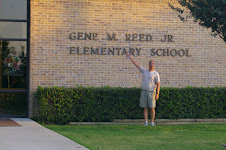













1 comment:
When did you start wearing a bolero? Because, good decision. Also, do they wear boleros in Cincinnati Ohio? Sincerely, Andy
Post a Comment